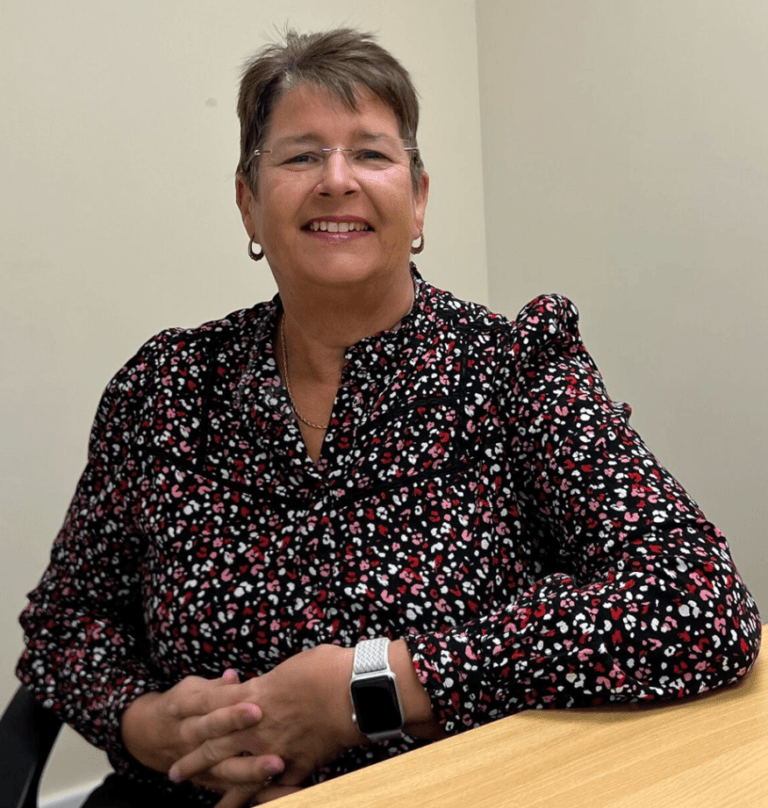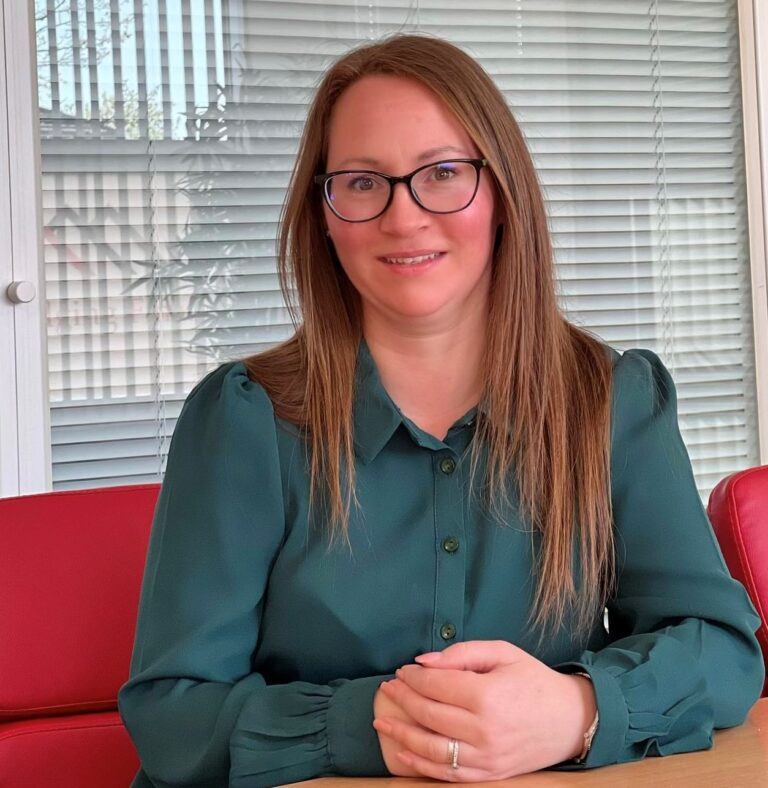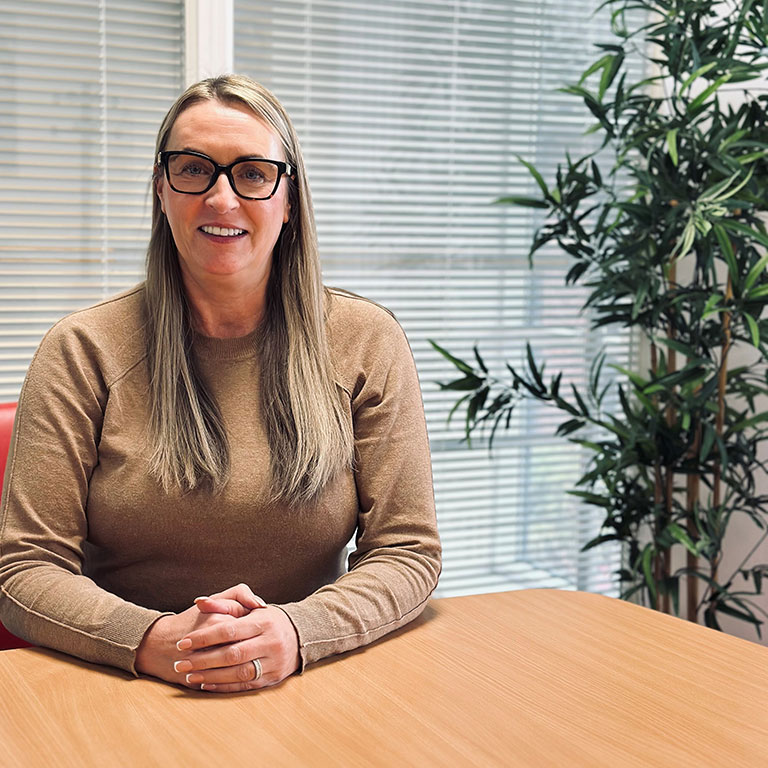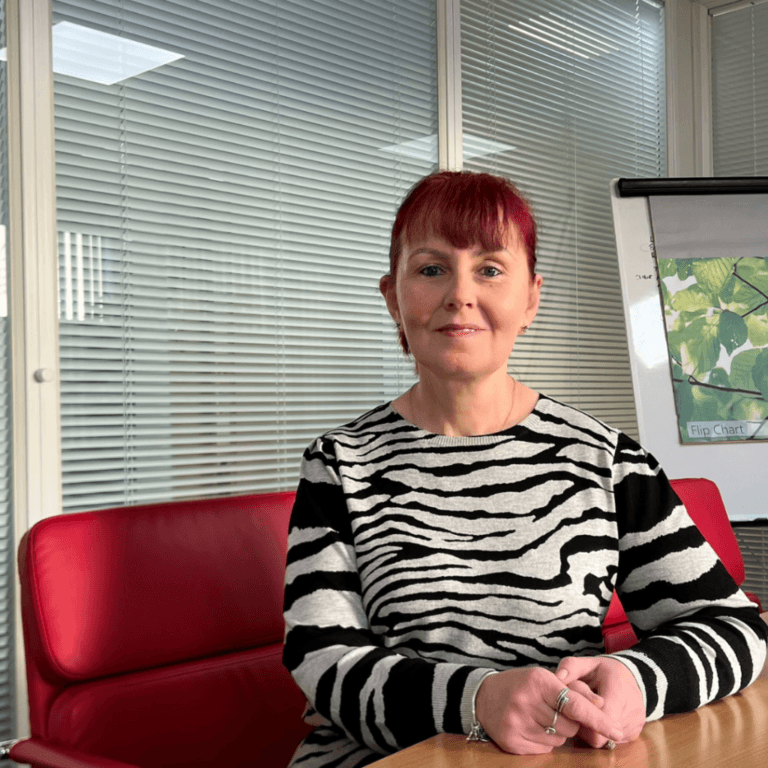Getting a Mortgage on a Flat
Speak to an Expert Advisor
or
Why Choose Us
Securing a mortgage for a flat can be slightly more complex than getting a mortgage for a house, particularly when it comes to high-rise flats or properties with unique characteristics. Here’s what you need to know about getting a mortgage on a flat.
What Our Clients Say About Us
Excellent service regular communication. Reassuring staff that help every step of the way and are extremely patient and supportive. I have used them twice and will continue to do so. Natalia and James thank you for all your work.
From supporting me with putting an offer on a house to explaining mortgage rates, income protection, and so much more, Courtney has been exceptional every step of the way. The ability to WhatsApp her with questions and receive timely updates has made the entire process seamless and stress-free.
I’ve already recommended Courtney and Ascot Mortgages to friends, and I wouldn’t hesitate to use her again in the future. If you’re looking for a knowledgeable, supportive, and dedicated mortgage advisor, I highly recommend her!
Recently I’ve been working a lot with Natalia Barry and Matthew Bradburn, who have both been outstanding. Whenever I have a question, they always have the answer immediately or will find it very quickly.
For anyone in search of a friendly, reliable service, Ascot Mortgages are definitely right for you.
Couldn’t thank them both enough for securing my mortgage on what was such a complex case and will 100% be using them in the future.
didn’t expect getting a mortgage and buying a house would be so easy, Tracey and Richard are extremely professional
made the entire process so easy
Deserve more than 5 stars !!!!!!! Alison should be proud 🙏🏼
If you want a clear, down to earth and friendly service, you should give Alison and her team the chance to help you. You won't be dissapointed.
Highly recommended!!
Not only did Natalia navigate the intricacies of the mortgage market with finesse, but they went above and beyond by suggesting other high-quality services, including solicitors and insurance providers. This comprehensive approach is making the entire home-buying journey seamless and stress-free.
Natalia took the time to understand our unique needs and financial situation, ensuring that the options presented were tailored perfectly.
Communication is prompt and clear throughout, leaving us feeling informed and confident at every stage. Natalia had our best interests at heart, going the extra mile to secure a fantastic mortgage deal.
We cannot recommend Ascot Mortgages and Natalia highly enough. If you're in need of mortgage assistance, look no further. With their expertise and dedication to client satisfaction, you're in the best hands possible. A huge thank you to Natalia for making our home-buying experience a dream come true!
They were consistently communicative, keeping us informed at every step. Their assistance in consolidating our protection cover was invaluable, simplifying what could have been a complex process.
What set them apart was their personal touch – always polite and ready to pick up the phone for a chat. This level of personal engagement is rare and much appreciated.
In short, Natalia and Jason are not just skilled professionals but also truly dedicated to their clients. We highly recommend their services to anyone in need of mortgage advice.
Keep the good work up!
Phil was absolutely fantastic. He made the process very smooth and easy and was always there to answer any questions I had.
Best wishes,
Shahid Latif and family
Can You Get a Mortgage on a Flat?
Yes, you can get a mortgage on a flat, but there are specific factors that lenders will consider. These include the type of flat, whether it’s leasehold or freehold, and any particular issues related to the building, such as its height or construction type. Lenders are often more cautious with flats due to the potential risks associated with leasehold properties, maintenance issues, and the resale market.
What Type of Property Do You Want to Buy?
The type of flat you wish to buy will influence the mortgage options available to you. Factors such as whether the flat is newly built, part of a converted property, or above commercial premises can all affect a lender’s willingness to offer a mortgage.
Residential Flat Mortgages
Lenders will look at your income, credit history, and the specifics of the flat to determine how much you can borrow. Flats in high-rise buildings or with certain leasehold conditions might face stricter criteria.
Rental Property Mortgage
If you’re purchasing a flat as a rental property, you’ll need a buy-to-let mortgage. These mortgages typically require a larger deposit, often around 25%, and lenders will assess the potential rental income alongside your personal financial situation.
Holiday Home Mortgage for a Flat
Buying a flat as a holiday home comes with its own set of challenges. Lenders offering holiday home mortgages will typically require a substantial deposit and might charge higher interest rates. The property’s location and its potential for year-round rental will also be key considerations.
Mortgage for a Flat Above Commercial Premises
Getting a mortgage for a flat above commercial premises can be more challenging, as lenders often view these properties as higher risk. The business operating below (e.g., a restaurant, bar, or shop) can impact the property’s value and resale potential. As such, fewer lenders may be willing to offer a mortgage, and those who do might require a larger deposit or charge higher interest rates.
Self-Contained Flats
A self-contained flat with its own entrance and facilities is generally easier to mortgage than a flat that shares facilities with others. Lenders prefer properties that are fully self-contained as they’re easier to sell and less likely to have issues with maintenance or disputes with other residents.
Mortgage for Small Studio Flat
Mortgaging a small studio flat can be more difficult, especially if the property is under 30 square meters. Some lenders have minimum size requirements for flats, and studios often fall below this threshold. You might need to seek out specialist lenders who are more flexible with smaller properties.
Mortgage Affordability Calculator
Use this calculator to determine how much you could potentially borrow for a mortgage, based on the typical salary multiples used by most UK lenders.
Your Results:
You could borrow up to
Most lenders would consider letting you borrow
This is based on 4.5 times your household income, the standard calculation used by the majority of mortgage providers. To borrow more than this, you will need to use a mortgage broker to access specialist lenders.
Some lenders would consider letting you borrow
This is based on 4.75 times your household income, a salary multiple you might struggle to qualify for without the help of a broker. This income multiple is not widely available to customers who are applying directly with a lender.
A minority of lenders would consider letting you borrow
This is based on 5.5 times your household income, a salary multiple you will struggle to get without a broker. 5.5 times salary mortgages are usually only available under very specific circumstances.
Get Started with an expert broker to find out exactly how much you could borrow.
Get StartedGet expert advice immediately if...
- You need to borrow more than 4.5 times your annual income
- You are only using one income on your application
- You earn income through sources such as Benefits, Commission or Rental income
- You consider yourself to be on ‘low’ income
If one or more of the above apply to you, it’s important to get expert advice before making an application. The right broker can help maximise your chances of approval based on your circumstance.
New Build Flats
New build mortgages for flats can sometimes be harder to obtain due to concerns about potential overvaluation or the possibility of the property’s value dropping after purchase. Lenders may require a higher deposit for new-build flats, often up to 25% or more.
Flat Conversion Mortgages
If you’re buying a flat that’s part of a conversion, such as an old house divided into flats, lenders may have additional requirements. They’ll want to know that the conversion meets building regulations and is structurally sound. You might need to provide additional documentation to support your application.
Mortgages for High-Rise Flats
High rise flat mortgages can be more challenging to secure due to concerns about the resale value and the maintenance of the building. Lenders might require a larger deposit or offer less favourable terms. Buildings above a certain height, typically around 10 stories, may require more specialised mortgage products, and not all lenders will be willing to finance them.
Non-Standard Construction Flat Mortgages
Flats in buildings of non-standard construction, such as those built with materials other than brick and mortar, can be harder to mortgage. This is because such properties might have higher maintenance costs or be less durable, making them riskier for lenders.
Whether That Property is Freehold or Leasehold
Most flats are leasehold, meaning you own the property for a fixed term but not the land it’s built on. Freehold flats are rare and can be more difficult to mortgage due to potential legal complications. With leasehold properties, lenders will scrutinise the length of the lease; anything under 80 years may require a lease extension before they will approve a mortgage.
Based on a mortgage of £300,000 at 75% LTV and 25 years Today’s best buy mortgages
Latest mortgage best buys
See all mortgage best buysSpeak with Us Interest Rate Mortgage Type Monthly Repayment Amount Total Fees Max LTV 
4.14% Fixed £1,219 £30 75% 
4.18% Fixed £1,216 £1,025 75% 
4.18% Fixed £1,215 £999 75% 
4.20% Fixed £1,220 £1,403 75%
How a Broker Can Help Get a Mortgage on a Flat
Using a mortgage broker at Ascot Mortgages can be particularly beneficial when applying for mortgages for flats. Our brokers have access to a wide range of lenders, including those who specialise in more complex mortgage scenarios like high-rise flats, leasehold properties, and flats above commercial premises. They can help you navigate the specific challenges and find the best deals available.
Getting a Mortgage on a Freehold Flat
Freehold flats are uncommon and can be tricky to mortgage. Lenders may be hesitant because freehold flats can be difficult to sell in the future due to potential legal complications around maintenance and shared responsibilities with other flat owners in the building.
Apply for a Mortgage
Get things moving, apply for a remortgage.
Free unbiased mortgage advice is just a phone call away.
FAQ
01/ Can I rent my flat without a buy-to-let mortgage?
Technically, you need a buy-to-let mortgage if you plan to rent out your flat. If you have a residential mortgage, renting out your flat without informing your lender could breach your mortgage terms, leading to penalties or even foreclosure.
02/ Can I get a 95% mortgage on a flat?
Getting a 95% mortgage on a flat is possible but more challenging, particularly for flats in high-rise buildings or with leasehold issues. Lenders are more cautious with high loan-to-value ratios, so you may need a larger deposit or to seek out specialist lenders willing to offer higher LTV mortgages.
Meet Our Team







A simples guide to mortgages
Contact Us
Legal
Ascot Mortgages authorised and regulated by the Financial Conduct Authority and can be found on the FCA register (www.fca.org.uk) under reference 776062. The FCA do not regulate some forms of mortgages. The guidance and advice contained in this website is subject to UK regulatory regime and is therefore restricted to consumers based in the UK. There may be a fee for mortgage advice. The precise amount will depend upon your circumstances but we estimate it will be £599 per mortgage account. Ascot Mortgages Ltd give you the option to pay a non-refundable fee of £1299 payable with the application. If this option is taken, Ascot Mortgages Ltd will refund any procuration fee received by the lender.
Ascot Mortgages Limited is registered in England and Wales and have their registered office at 8 Webster Court, Westbrook, Warrington, WA5 8WD. The company’s registration number is 06764971.
We are a credit broker, not a lender. We work with the whole of the lending market. Typically; we will receive commission that will vary depending on the lender, product, or other permissible factors. The nature any commissions model will be confirmed to you before you proceed.
ICO Registration number is Z1842187
YOUR PROPERTY MAY BE REPOSSESSED IF YOU DO NOT KEEP UP REPAYMENTS ON A MORTGAGE OR ANY DEBT SECURED ON ITtypically; we will receive commission
©2025 AscotMortgages.co.uk – All Rights Reserved








